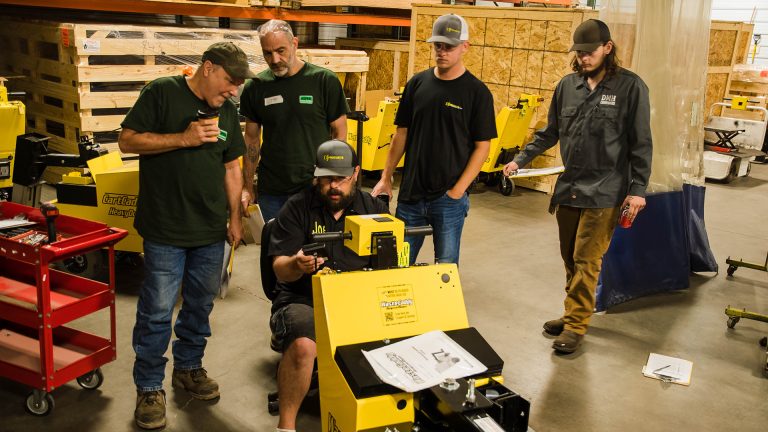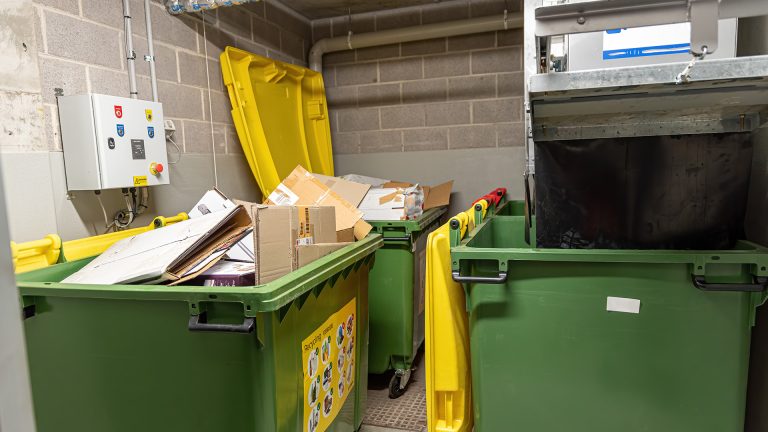Despite dire reports that U.S. manufacturing is dying, the old boy still seems to be alive and kicking.
- Sure the recession has U.S. manufacturers flailing, and the failure of the Big Three automakers is a definite blow to the country’s manufacturing power; but it’s far from the death knell some have predicted.
- Sure global recession has decreased domestic and foreign demand, but faith in history tells us that’s a temporary problem. The turnaround may not materialize as quickly as we’d like, but demand will increase; it always does.
- Sure manufacturing employment figures are declining, but statistics don’t tell the whole store. The decrease is due in part to improved manufacturing efficiency and automation, not merely the effects of decreased supply and demand in a recessionary economy.
The most important clue that there’s still plenty of life left yet in U.S. manufacturing is that increased efficiency.
U.S. manufacturers have been able to harness technology to produce goods more efficiently with fewer workers, making marked gains in productivity in the process. This increased productivity will make it more attractive for manufacturers to bring manufacturing operations and jobs back to U.S. soil (see our May 13 post). It’s a move the Obama administration is poised to encourage by closing tax loopholes that the President believes have exacerbated the outsourcing of American manufacturing jobs overseas.
The climate is right for such a show of faith by manufacturers. Americans are clamoring to have American goods produced on American soil by American workers. Legions of Americans are making a point to Buy American and eschew foreign-made products and the businesses that sell them. For the first time in decades, U.S. workers, pushed by the Detroit reality, are showing a willingness to scale back their demands and work with manufacturers to make American salaries more competitive in the global market. The economy is tightening up competition, weeding out the weak players and giving the strong a more open playing field. Real estate is cheap and opportunities to purchase near turn-key operations abound for savvy shoppers.
Taken together, the time is ripe to bring U.S. manufacturing — and jobs — back home. U.S. companies that are able to take advantage of the current climate and move jobs back to the U.S. stand to reap untoward benefits in public relations and worker and customer loyalty.


